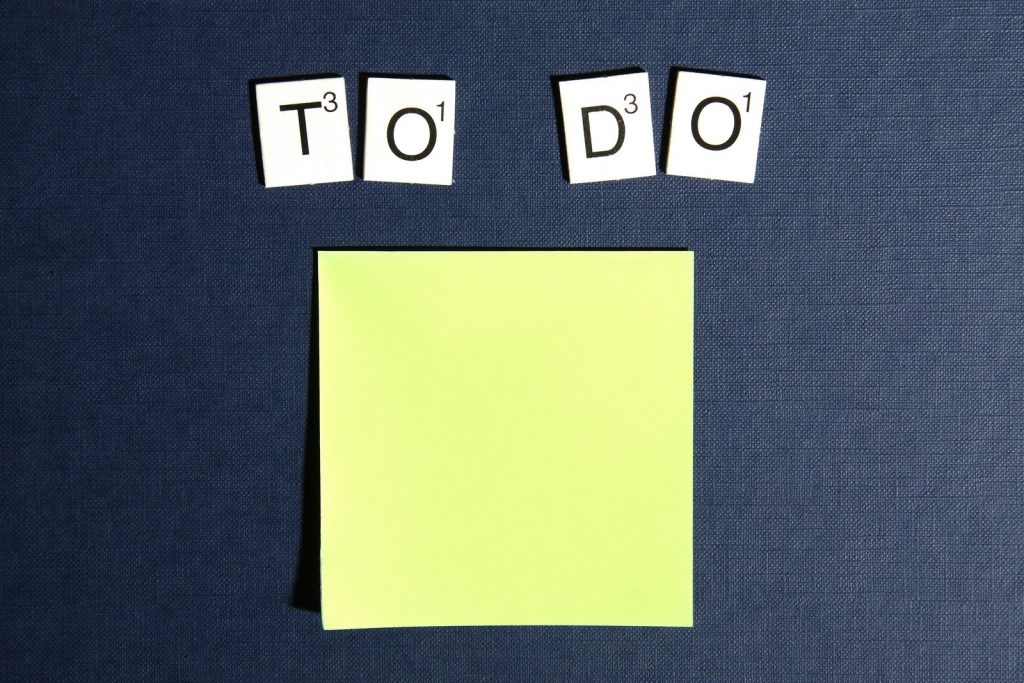Early retirement is very possible, but not everyone that plans to retire early does so. Early retirement is a slow but gradual process, so you need to start planning early if you want to retire early. And while the planning process might be a little tedious, having a steady and realistic plan will go a long way to helping you achieve the kind of retirement you want.
You don’t want to skim through your retirement plan, in fact, it might take more time than you think it will. To that end, below is a quick checklist of what you will need for your retirement.
What are Your Retirement Needs
This is hard to forget since you are planning for your retirement. All the same, it is important to write down what your retirement needs are. How much money will you require for retirement? What kind of lifestyle do you want for your retirement? Where do you wish to live in your retirement, at your own home or at somewhere like the Preserve at Marsh Creek? Will you still incur some daily costs like transportation?
Also, the kind of things you wish to do at retirement will affect your finances, so make sure you determine what you want to do after retirement. Oftentimes, most people retire early for various reasons, so the more you understand what your needs will be when you retire, the easier it will be for you to plan for it.
Think About Legacy
When retiring you want to think about what you will be leaving behind for your loved ones when its all said and done. One of the best ways to do this is to focus on your life insurance policy. Do you have enough to cover your final expenses? And if you’re looking to leave more than funeral money, you may want to consider upping the coverage if you don’t have too many assets. According to InsureChance, your life insurance needs to change drastically as you get older. This could mean more or less coverage, so it’s usually good to reevaluate.
Determine Your Current Needs
Understanding what your current needs are can help you plan for your retirement. Your current needs include things like how much you need to sustain your current lifestyle, your current day to day expenses, and so on. If you know how much you need to get by your daily activities, you will know what to adjust for your retirement needs. Also, determining your current needs can help you reduce any unnecessary costs and save more for your retirement.
Create an Emergency Fund
You will also need an emergency fund when planning for retirement. Your retirement savings and investments should only be reserved for that time, so in case you incur emergencies before retirement, then you should have a fund to help cover those expenses. For instance, you might lose your job today or even fall ill and be unable to go to work for a few months. This is where your emergency fund comes in.
Even during such a time, you want to have a steady source of income to support your lifestyle and help you get by. So, instead of using your investment savings to get through a rough period, your emergency funds will be your source of income. Also, ensure that your emergency fund has enough to get you by for at least 6 months. This gives you enough time to find another job, or recuperate before resuming back to work.
Consider a Healthcare Coverage
Without good health, you might not be able to attain the kind of retirement you want. So, consider securing good healthcare coverage as soon as possible. Health comes first, and if you don’t have coverage, you might end up using a lot of money out of your pocket at retirement. It might end up being one of your biggest expenses at retirement, so invest in it to avoid spending most of your retirement savings on it.
Don’t Forget Your Wellbeing
When planning for early retirement, you also need to put both your emotional and physical well-being into consideration. A lot of people forget to take care of their well-being by not thinking of how the early retirement will affect them. Early retirement means exiting the workforce before you actually hit the compulsory retirement age.
If you retire early will you be able to make friends as usual? Will you miss your old job when you retire and what impact will that have on you? Will you lose your connection with other people and how will that affect you? Generally, focus on how retiring early will affect your wellbeing, and if it will have a negative impact look for ways to make the transition painless.
Early retirement does not have to be rocket science, as long as you have a proper plan and you have the discipline and devotion it takes, it is possible.
